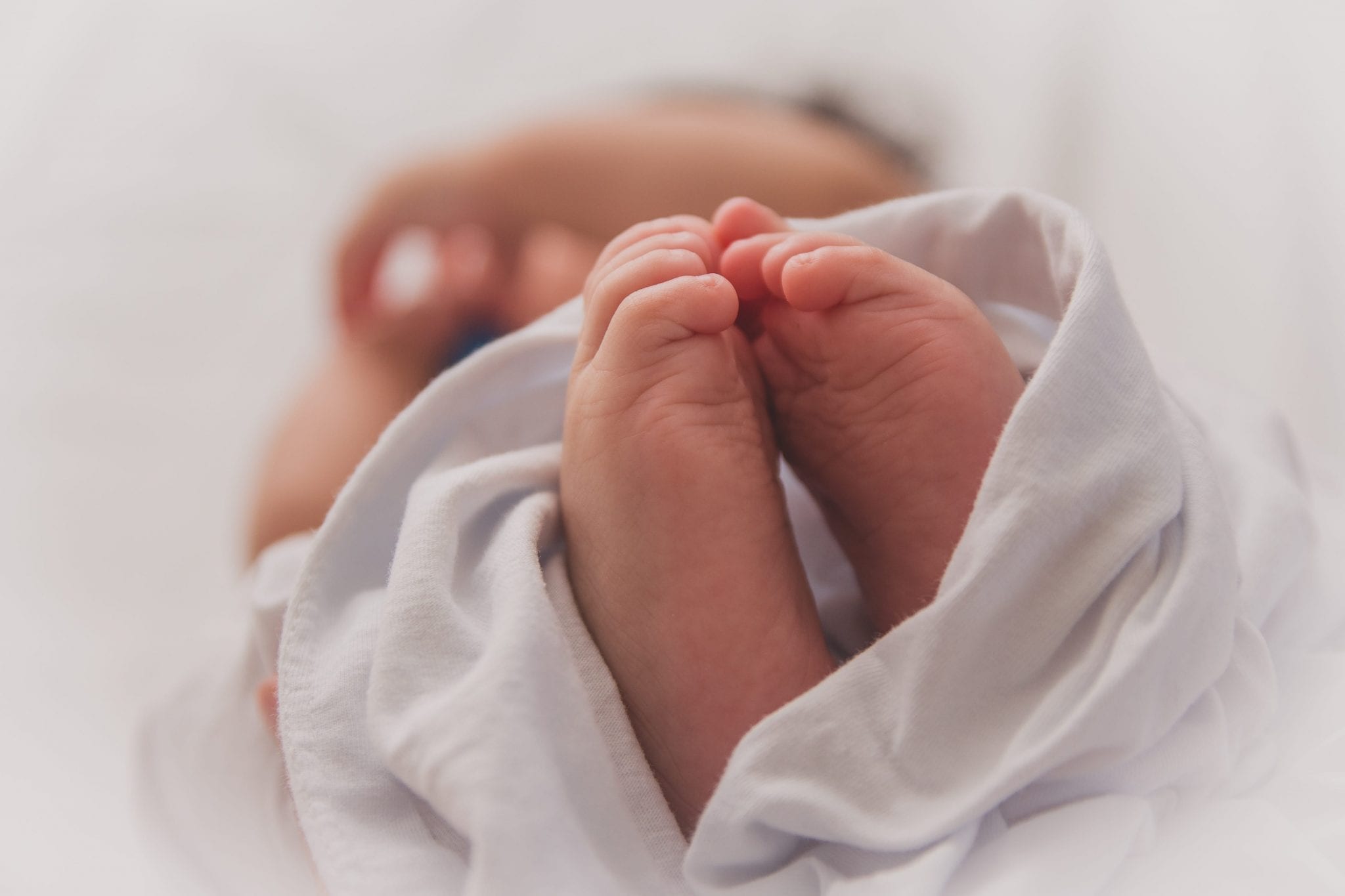Thousands of Embryos Destroyed in Fertility Clinic Malfunction, Lawsuits Filed
The freezer system at a fertility clinic outside Cleveland, Ohio, malfunctioned in March, leading to the destruction of 4,000 eggs and embryos belonging to nearly 1,000 patients and subsequent lawsuits. University Hospitals (UH) apologized publicly, saying “the remote alarm system on the tank, designated to alert a UH employee to changes like temperature swings, was off.”
A preliminary investigation showed that the temperature in the tanks rose rapidly, for unexplained reasons, after employees had mistakenly turned off temperature-sensitive alarms. Hospital officials said they weren’t sure who turned the remote alarm off or how long it was disabled. Some of the eggs and embryos had been stored at the facility since the 1980s.
Now, officials are trying to help people who lost eggs or embryos by providing refunds, free services, and “emotional support.” The medical center released a statement, saying, “We recognize the sorrow this situation has caused patients who were affected and are sorry for the tank failure.”

Many individuals affected, however, believe they are entitled to something more than a vague explanation, apology, and a refund. Wendy and Rick Penniman, a Cleveland-area couple, filed a lawsuit arguing that life begins at conception. They are seeking personhood status for fertilized eggs. “Right now, embryos are treated more as property than people,” said their attorney, Bruce Taubman. “It’s a very complicated issue.”
University Hospitals attorneys have fought to have the case dismissed, arguing that the couple signed a consent form referring to the embryos as their “sole property” and that “Ohio law does not recognize the embryo as a ‘distinct human entity with rights.’” In court filings, the UH has argued that it should be litigated under the state’s medical malpractice laws.
In May, Cuyahoga County Democratic Judge Stuart Friedman allowed the Pennimans’ lawsuit to proceed. The couple is claiming negligence and seeking damages. Their “personhood” motion was ultimately denied. “The parents may believe that the embryos they created are already persons, but that is a matter of faith or of their personal beliefs, not of science and not of law,” Friedman responded. The Pennimans have appealed the decision to the 8th District Ohio Court of Appeals.
The Ohio lawsuits, consolidated under Friedman, contain a wide variety of allegations. One case, filed by attorney Gloria Allred on behalf of three cancer-surviving women, claims the clinic violated the federal Magnuson-Moss Warranty Act for consumer products. Attorneys for the plaintiffs are working together to streamline the discovery process and depose witnesses, although the issues in each of the lawsuits vary.
Wendy Penniman, 41, said she is angry that the glossy brochures and ads for the fertility clinic boasted about high success rates for producing human life. However, when the tragedy happened, the lost “material” was dehumanized and simply referred to as “tissue.”
“I am thankful for what I have,” Wendy said. The couple has two children, but only after years of treatments and eleven miscarriages. But “something was stolen from me. When I look at my kids, I see what the third one might have looked like. My life right now is full of ‘what if, what if.’”
Sources:
Lost embryos leave families grieving – and going to court
Ohio fertility clinic failure destroyed 4,000 embryos, far more than first thought


Join the conversation!